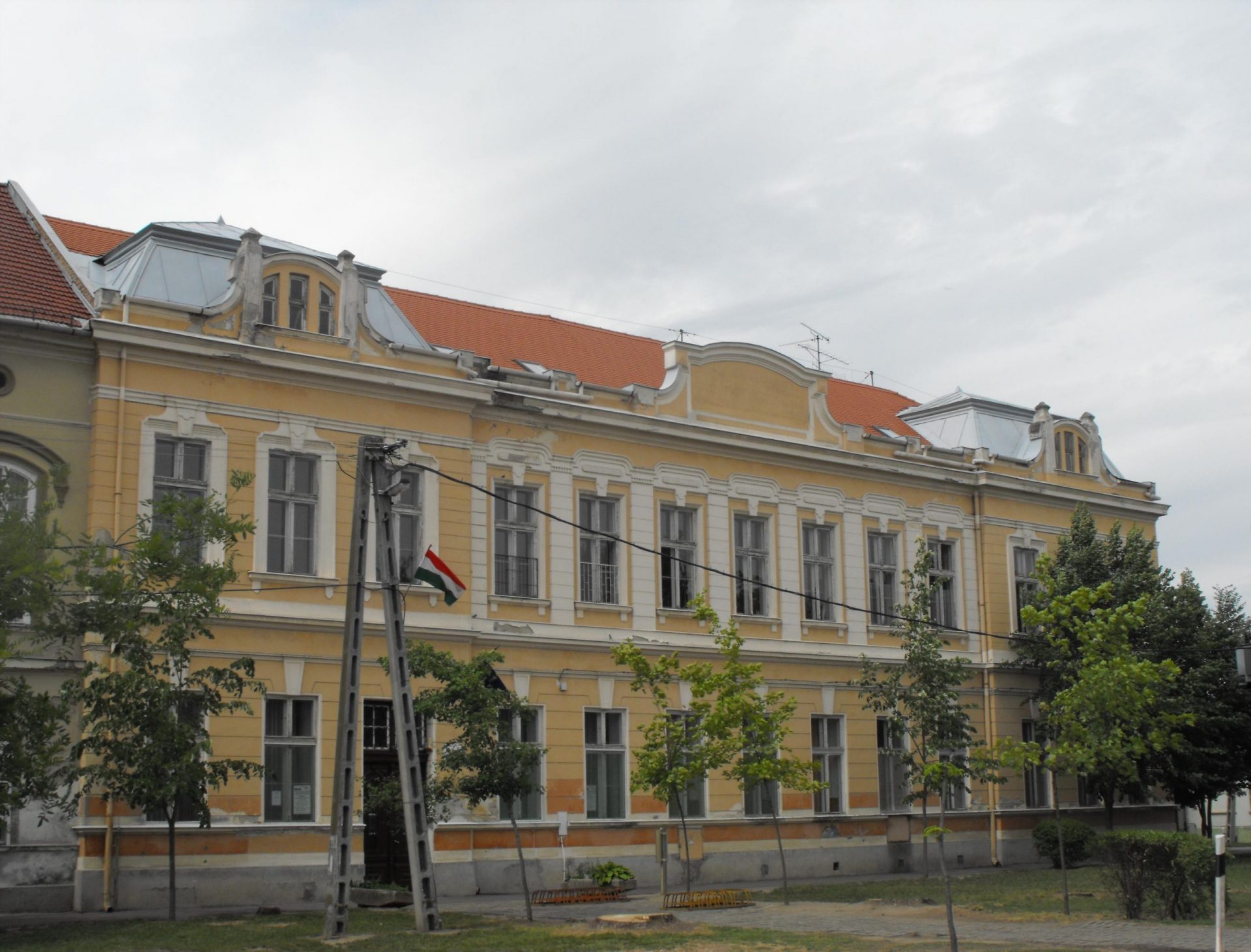Enroute to Midway Airport in Chicago this morning, all the rage on the radio airwaves was the fact that the new mayor, Rahm Emanuel is sending his own children to the prestigious University of Chicago Lab Schools. (This is the same school that President Obama’s daughters also attended.) The radio announcer belabored the point that the Mayor would be “spending $27,000 per year for each of his three children to attend this school”, yet the Mayor is encouraging Chicagoans to support and send their children to the public schools.
Critics of the Mayor’s school choice for his children assert that he should choose public school as the leading city official. Likewise, during his early tenure, he’s been promoting the city schools, reportedly leaving voicemail reminders to announce the start of school.
In a TV interview, he lost his temper when the reporter questioned his choice:
. . . with Mary Ann Ahern of NBC Chicago, the reporter asks the mayor about where his children will be going to school. Rumor has it, she added, that his kids would be attending the prestigious, private University of Chicago Lab School.”Great! So, it’s a rumor,” the mayor responded, apparently irritated. But Ahern persisted. Why not just say? After all, the kids are “in a public position now,” she said. Then he got cold.
“Oh, Mary Ann, let me break the news to you. My children are not in a public position. The mayor is. … No, no, no, you have to appreciate this. My children are not an instrument of me being mayor. My children are my children. And that may be news for you, and that may be new for you, Mary Ann, but I want you to understand — no, no, no, you have to understand this. I’m making this decision as a father.”
. . .But where a politician sends his children to school has long been a matter of public curiosity — think back no further than when President Obama chose Sidwell Friends for his kids, for instance. And for a mayor who has made the city’s schools a central focus of his administration, you might imagine that he would be prepared for a question about his own school choice for his children. Instead, though, as he reportedly said on the phone to Ahern after the interview, “My children are private and you will not do this.”
via Rahm Emanuel’s Temper Flares Over Question About Kids’ Schooling VIDEO.
As an educational researcher over the past 10+ years, I’ve spent a lot of time observing classrooms, meeting with district administrators. I have met many teachers and school officials in these public districts whose own children atten school in an independent (the term ‘private’ is so 1980’s) school or other district.
Just as I don’t blame those teachers and district officials, I don’t blame Rahm Emmanuel for making the best decision for his family. Can he still be a strong proponent of public schoos? YES, he can. Can those teachers and school offices care about the students they serve although their own children are in another district? YES, most certainly.
I especially understand how challenging it can be to find a great fit for all three of his children. When I work with families who are relocating, it can be challenging to find districts with strong feeders and high schools. My own children are in high, middle, and elementary grades. Few public school districts have preK-12 all on one campus as the Lab School does.
Three children from the same family can each have different learning needs as well. What worked for my boys in a public school district would not have worked for my daughter. I was able to find one school that satisfied their different learning and social needs, which happened to be a preK-12 independent school. It’s been a huge financial sacrifice that I’ve had to weather, but I had no other choice at the time. Do I care about the quality of public schools in my community and the students they serve? YES, I most certainly do and I am a strong proponent of public schools that work. Public schools are not, however, the best for every family. But when they are, the results can be great.
I am a product of Headstart and Memphis City Schools through high school graduation. My husband is a product of Dayton Public Schools through high school graduation. My sons attend public elementary schools through 5th grade. My daughter has been and continues to attend independent schools. Different times . . . different students . . . different choices.
How have your own school choices changed or remained the same?




